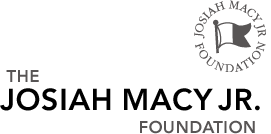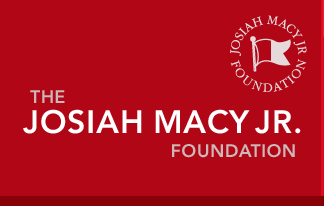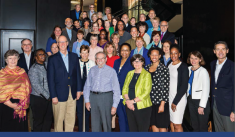Our Grantees
Across the Foundation’s priority areas, our grantees are working to improve the health of the public through innovative research and programs. The Foundation awards up to 40 grants on a rotating schedule each year.
An Epidemiology Scholars Program
In September 2006, the Macy Foundation awarded a staff grant to support planning for an Epidemiology Scholars Program in the Department of Health and Mental Hygiene (DOHMH) of the City of New York. That planning was completed expeditiously and with this new grant, Dr. Lorna Thorpe, deputy commissioner, is launching that program.
The impetus for developing this program has been the growing need for epidemiology research and training in health disparities, especially in urban areas and, in particular, New York City. With an unusually high number of graduates from the Center for Disease Prevention and Control’s Epidemic Intelligence Service, this department is well positioned for this program.
Using an approach similar to that used by CDC, the department will select five summer students and two full-year students from among candidates proposed by the epidemiology departments at the Columbia, Yale, Johns Hopkins, Emory and University of North Carolina schools of public health. Students selected for the program will be matched with department mentors for their proposed research projects.
Scholars selected for the program will attend seminars on applied epidemiology methods and theory and weekly lectures that provide an overview of the department and its divisions, with optional participation in a summer-long course on social epidemiology led by Columbia faculty and consultation on student research projects, as needed, with faculty members from participating institutions.
The long-term goal of the Epi-Scholars Program is to develop and sustain a visible, agency-wide health disparities research agenda aimed at reducing the gaps in morbidity and mortality between the city’s richest and poorest neighborhoods. Sustainability of the program is a priority for both DOHMH, which hopes to secure city tax support if the program proves successful, and its academic partners.




 11.13.18
11.13.18